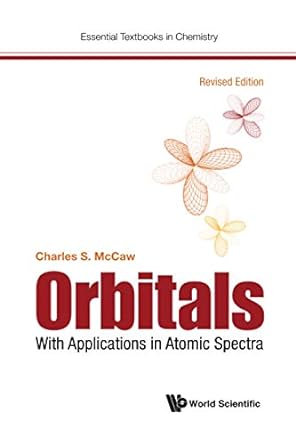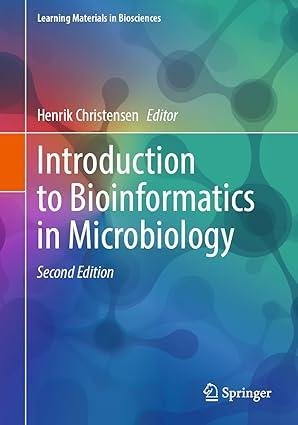Go back


Orbitals With Applications In Atomic Spectra(1st Edition)
Authors:
Charles S Mccaw ,Vv

Cover Type:Hardcover
Condition:Used
In Stock
Include with your book
Free shipping: April 06, 2024Popular items with books
Access to 3 Million+ solutions
Free ✝
Ask 10 Questions from expert
200,000+ Expert answers
✝ 7 days-trial
Total Price:
$0
List Price: $26.89
Savings: $26.89(100%)
Book details
ISBN: 1786348853, 978-1786348852
Book publisher: WSPC (EUROPE)
Get your hands on the best-selling book Orbitals With Applications In Atomic Spectra 1st Edition for free. Feed your curiosity and let your imagination soar with the best stories coming out to you without hefty price tags. Browse SolutionInn to discover a treasure trove of fiction and non-fiction books where every page leads the reader to an undiscovered world. Start your literary adventure right away and also enjoy free shipping of these complimentary books to your door.
Orbitals With Applications In Atomic Spectra 1st Edition Summary: Orbitals: With Applications in Atomic Spectra describes atomic orbitals at a level suitable for undergraduates in chemistry. The mathematical treatment is brought to life by many illustrations rendered from mathematical functions (no artists' impressions), including three-dimensional plots of angular functions, showing orbital phase, and contour plots of the wavefunctions that result from orbital hybridisation. This revised edition includes new discussion of the origins of the colour of gold and the "accidental degeneracy" of the hydrogen atom subshells, a new figure, a new exercise and worked solution, as well as several new references. It also contains current and accurate updates to the old edition. Orbitals extends the key fundamental quantum properties to many-electron atoms, linear combinations of atomic orbitals, simple molecules, delocalised systems and atomic spectroscopy. By focusing on simple model systems, use of analogies and avoiding group theory, results are obtained from initial postulates without the need for sophisticated mathematics. The book explains topics from first principles and guides the reader carefully through the necessary mathematics, supplemented by worked solutions to problems.
Customers also bought these books
Frequently Bought Together
Top Reviews for Books
Wanda Li
( 4 )
"Delivery was considerably fast, and the book I received was in a good condition."










